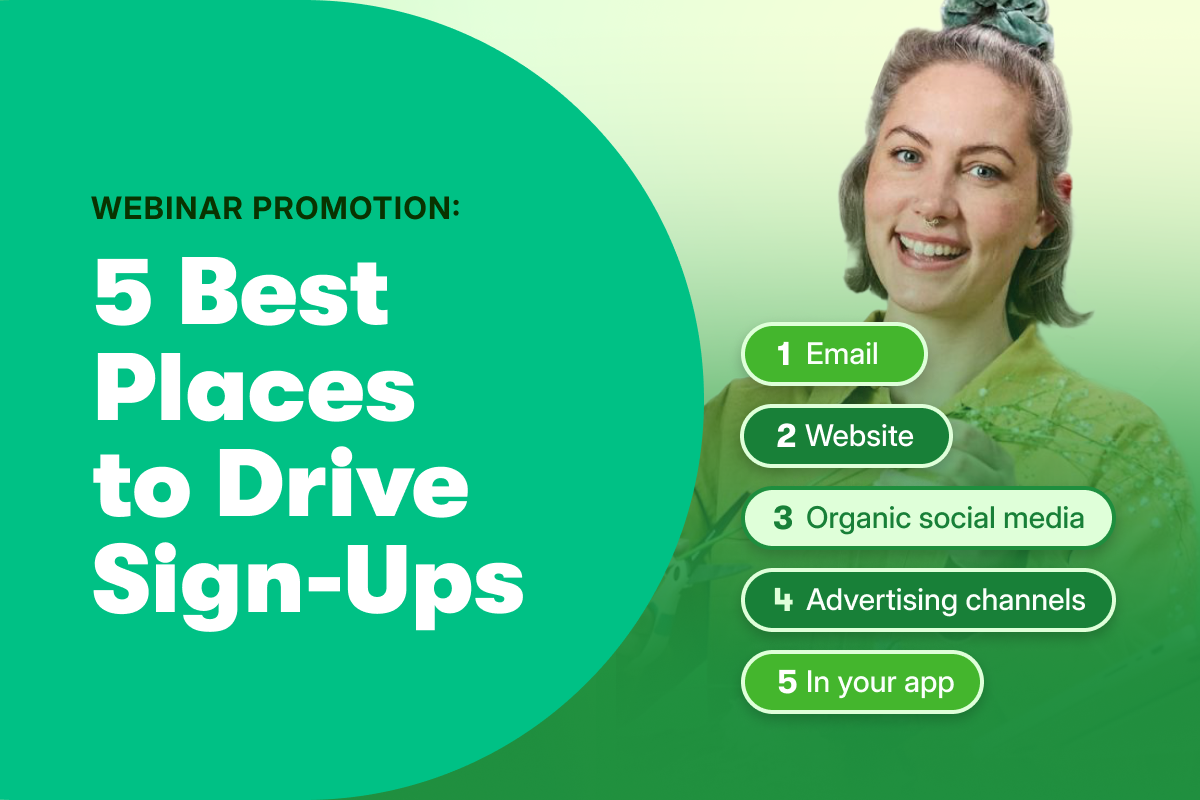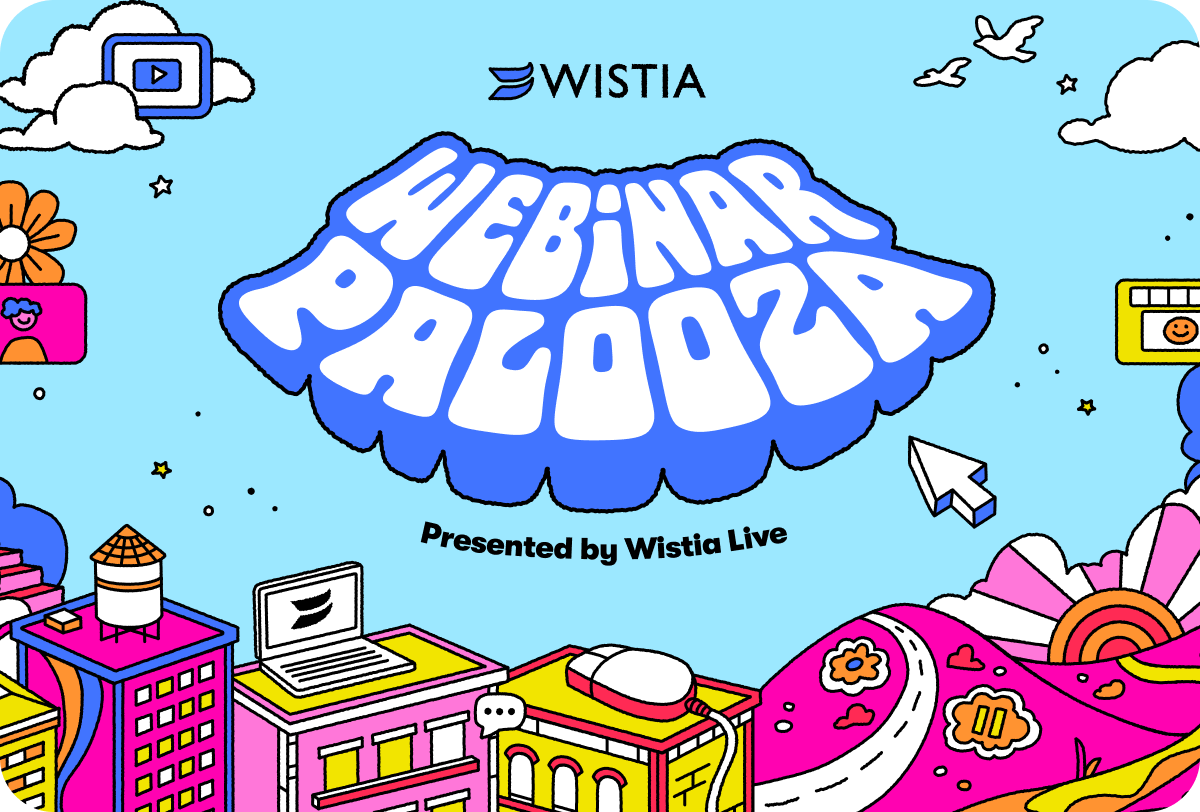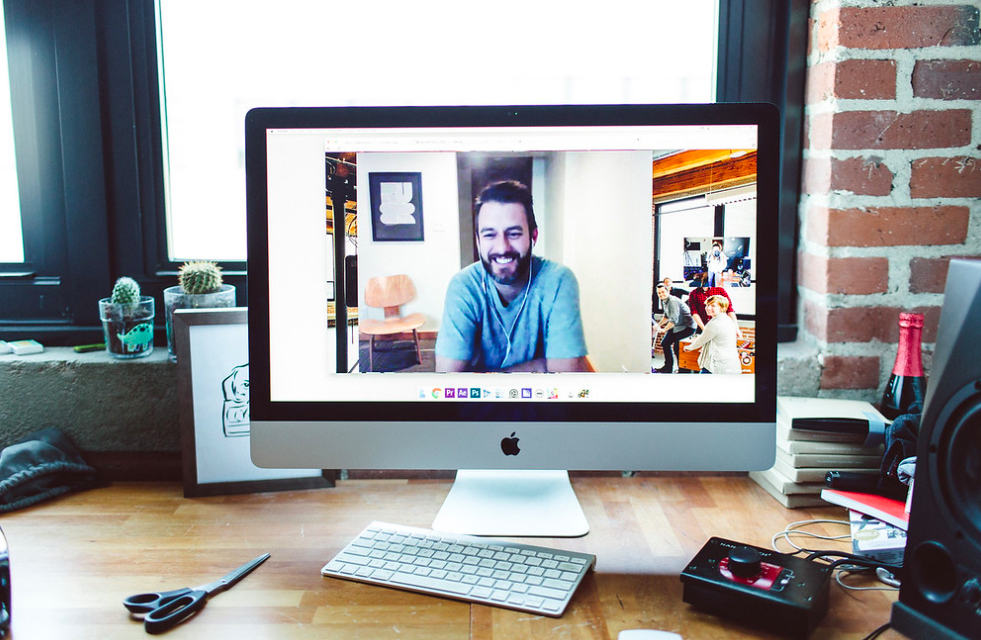How Wistia Grows by Taking the Time to Coast
June 30, 2016
Topic tags
A startup is like a car that you are building as you drive. Eventually, your car should grip the road as you scream around turns, give you the ability to accelerate dramatically when you see open space in front of you, and let you brake on a dime, so you can avoid the obstacles without slowing down too much.
Some startups without good handling lose control when a surprise sharp corner comes up, and they hit a tree. Some mosey along so slowly that before they know it, they’ve run out of gas and they’re stranded.
In most venture-backed companies, investors will help you build a car more quickly, but in return, your gas pedal needs to be drilled into the floor. Management tells you, “This will always go as fast as possible. Figure it out.” This mentality creates a ton of stress, and it often breeds tunnel vision. And this is why we will sometimes see speed demons veer off the road and crash.
“This mentality creates a ton of stress, and it often breeds tunnel vision.”
At Wistia, we try to keep the accelerator down. When we see something nasty coming up in the road, we can ease off the pressure and give ourselves more control and maneuverability. Then we can take some time to coast, while still moving forward, and figure out the right time to ramp back up.
If my co-founder Brendan and I had been behind the wheel of a VC-backed startup, I’m convinced it would have gone one of two ways. We would have been replaced in the driver’s seat, or we would have totaled the car. We didn’t know what it would take to grow a company, and there’s no way we would’ve learned how fast enough. We had to go slow and learn it over time. In the end, that was the key reason we were able to build a strong company.
Preparing for Success
As we started to build what would become Wistia, Brendan and I dreamed of becoming a $60,000/year business, guaranteeing both of us a $30,000/year salary. That sounded amazing to two fresh college grads whose #1 wish was to not have jobs, but to have freedom.
I remember proudly telling my dad of our plans, and that I thought we could get there. His response stuck with us for a long time.
There’s nothing like advice from a sage guardian.
“Make sure you prepare for success,” he said. He believed in us and warned us that if this really did work out, we needed to be prepared for the consequences. We hadn’t been thinking about what would happen if we actually hit our goal. We were haphazardly barreling into the first turn of a long road trip.
“We hadn’t been thinking about what would happen if we actually hit our goal.”
You’re trained to think about what you’ll do if you fail, but you’re rarely asked what you’ll do if you succeed. Success means that you could be working on your company for the next ten years or more. Success means dealing with hard HR issues, feeling financially responsible for all employees, deciding on company strategies that will impact everyone, handling hard customer issues. You’ll have to live with the consequences (both good and bad) of your decisions for a long time. You need to prepare for it by making good decisions today.
We began thinking differently about growth and how we should be driving our car. We decided that we’d drive at a speed we were comfortable with and simply try to double the size of our business every year. It ended up taking just two years to get to our original goal of $60,000/year. Three years later, we were at $1M/year. Both Brendan and I are glad we put my dad’s advice to use.
The ten year test
To make sure we were building a company that would sustain itself and succeed in the long term, we started asking ourselves a simple yet powerful question every time we were faced with a difficult choice: “What would we do if we had to make a decision that we would need to live with for the next 10 years?”
“Where am I going?” Brendan contemplates the next decade of his life.
We started out with questions like ownership — would we want to work together through the next ten years if we split the company 70/30? 60/40? 50/50? Did it really matter who had the initial idea? Did it matter who put in slightly more hours or slightly more money?
We knew that while we both brought different values to the table in the short term and that an uneven split would certainly make one of us miserable over the long term.
This decision-making process became a habit. We started running every significant question we had about Wistia’s business through a kind of “ten year test”:
- What if our sales experiment works, and we become a sales-driven organization over the next ten years?
- What if we take money from this investor, and we have to build a company with her for the next ten years?
- What if we really build out this video production marketplace and then have to sustain it over the next ten years?
We knew that Wistia would take a long time to grow, and some decisions you make early on can’t be reversed. This form of decision-making was our way of making sure we were always moving in the right direction and not doing something unsustainable.
When the walls start shaking
The last year and a half was the fastest period of growth in Wistia’s history. We had the pedal to the metal. As the team grew from 30 to more than 60 people, though, we started drifting over lines and riding the rumble strip.
“The last year and a half was the fastest period of growth in Wistia’s history.”
Team members were taking on more roles and doing more unfamiliar and challenging work. We were all pushing hard to hit our numbers. Combined with massive headcount growth, folks were strained. Our culture was being put to a serious stress test.
When the walls started shaking, we decided to dial it back, take our foot off the accelerator, and regain control over the steering.
We slowed down hiring, decreased spending in certain areas, helped people grow into roles, reshuffled some teams, and made transparency a team priority.
Interestingly, from what we’ve observed since then, it’s not necessarily the speed that causes stress at startups.
Stress can be caused by:
- Not knowing why you’re doing the work
- Not believing that it’s possible to achieve your goals
It’s not about how fast you’re driving the car — it’s about building a car that can turn around obstacles, stop on a dime, and accelerate when you have an open road. Startups need growth to survive, but to do it without burning out, you have to focus on the integrity of your car. With forethought and frequent communication with your team, you can build a dependable Ford.
Culture is the governor of growth
Culture has to be your governor of growth because it’s difficult to make hard and fast rules.
Sometimes the market is moving super quickly, and you have to hustle, or you’ll miss a huge opportunity. Sometimes you push too hard, realize the consequences, and have to be willing to slow down.
You can’t just rely on numbers to dictate when to do what. You have to check in with the people that you hope to play this crazy game with in ten years time.
If you push your team out of an obsession with the numbers, it makes every other value you hold suddenly appear irrelevant. If you can’t preserve your values, you’ll fail. You always have to make the decisions that will set you up for growth in the future, even if that means pumping the brakes now.
The beautiful thing about growth is that it always makes you stronger. The doors shake, things get hard, and you may even feel like you have to relearn your entire role in the company, but that experience will always leave you changed for the better.
It can be hard while it’s happening, but eventually the walls do stop shaking.
Everyone can take a breath and reflect on the incredible things they’ve accomplished. The exhilaration and adrenaline slowly fade away. The car’s still moving.






